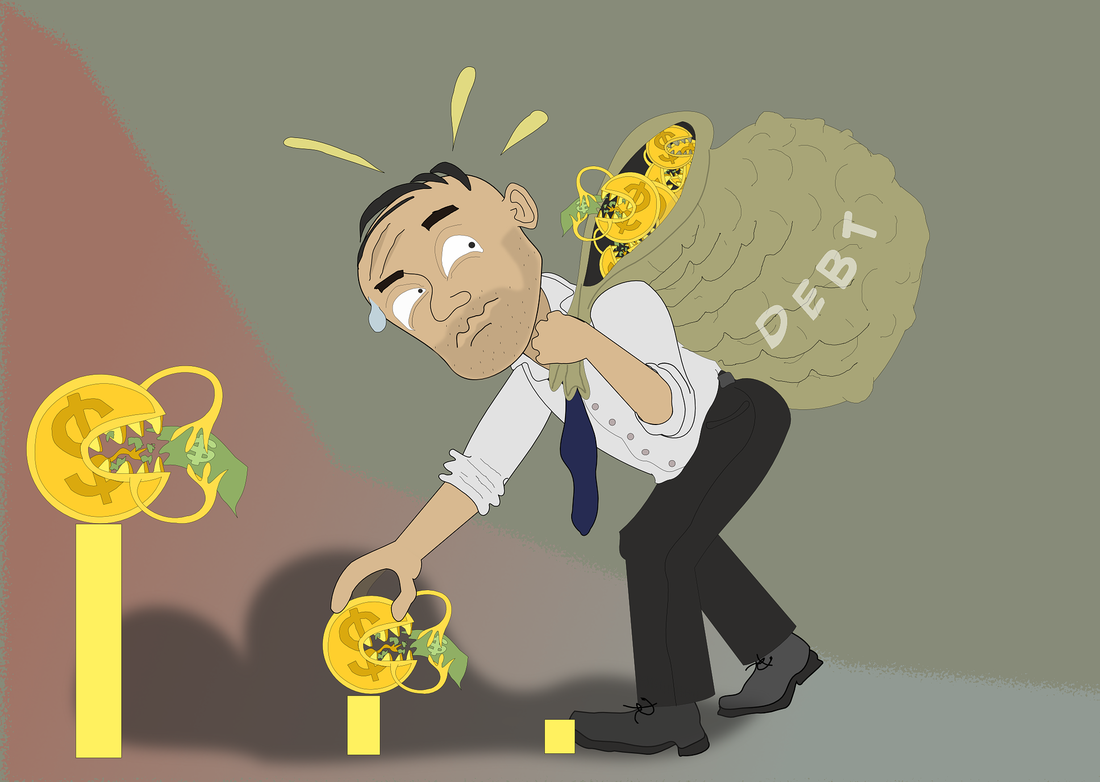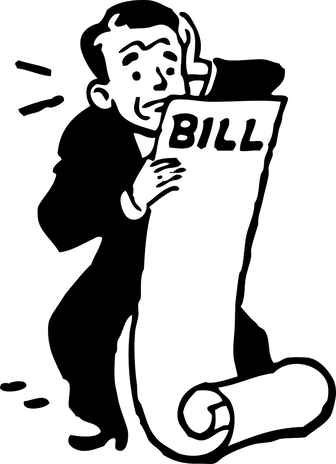
- Respond to the lawsuit. Although you may want to throw away the letter informing you of the lawsuit and pretend you never got it, that is the worst thing you can do. You must respond to the lawsuit or face a default judgment against you. This may happen if you ignore the lawsuit. If the debt collector’s attorney is in court and you aren’t, the court may rule in their favor.
- Gather evidence about your debt. First, you need to make sure the debt is really yours. Unless you are positive it is, start asking questions about the debt. Look back through your records for the debt. You may also be able to look at your credit record for the debt. If the debt is yours, check your records for what you have already paid and make sure it wasn’t paid off. While there are unscrupulous people, it may also be a mistake in bookkeeping that can be resolved.
- Contact an attorney. Make sure the attorney you choose has experience with debt settlements. A family attorney may not have the skills you need to fight a lawsuit over debt. Take your documentation to an attorney and discuss your options with him/her. Always be completely honest as an attorney they cannot give you the best advice if you hide things from them. You may be embarrassed, but your attorney is there to help you out of a bad situation. Resist the temptation to handle the lawsuit without an attorney. You may think that incurring more debt by hiring an attorney is a terrible idea, but you need help when dealing with the lawsuit.
- Challenge the lawsuit. If you and your attorney feel you have reason to dispute the lawsuit, file that paperwork immediately. Make sure you have copies of all of your documents that prove you have either paid the debt or that it isn’t yours. Your attorney can advise you on what types of documents the court will want to see.
- Consider filing a countersuit against the creditor. If you and your attorney feel the creditor did not follow the Fair Debt Collection Practices Act, a countersuit may be another option for you. Again, consult with your attorney and always keep detailed notes when you have contact with the debt collector so you can prove what you and the collector said.


 RSS Feed
RSS Feed